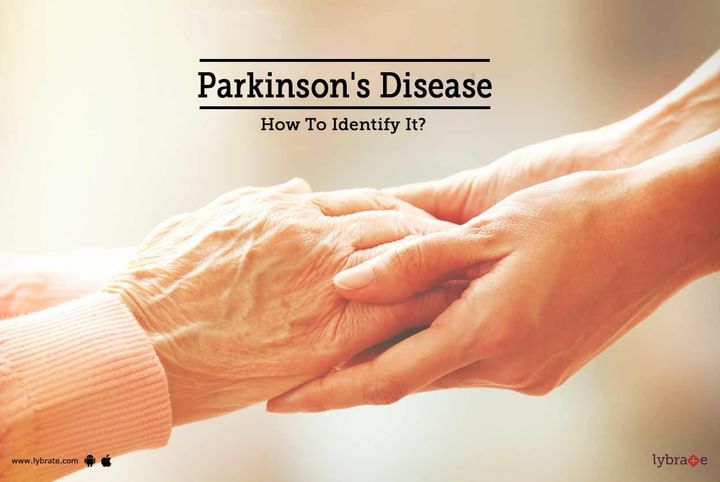Parkinson's Disease - How To Identify It?
Neurology is the branch of science and medicine dealing with the central and peripheral nervous system. The nervous system is made of the brain and spinal cord. The disorders, illness or injuries of the nervous system can become problematic for people suffering from them. One of the worst diseases of the nervous system is Parkinson’s disease.
It is a progressive disorder affecting the central nervous system that leads to slowing down of movement and slurring of speech over a period of time. It is a condition where the nerve cells in the brain producing dopamine (a neurotransmitter) are affected.
Some of the early signs of Parkinson’s include:
- Tremor: If you have noticed a slight shaking of your hands or limbs, then Parkinson’s might be the cause. The trembling can range from mild to severe as the disease progresses. The back-and-forth rubbing of your thumb and forefinger is known as pill-rolling tremor. One of the most prominent signs is your hand shaking even when it is rested.
- Bradykinesia (slow movement): As the disease progresses, you may find it difficult to move your hands or legs or going from one place to another. Even making the smallest movement will require an increased effort on your part.
- Rigid Muscles: The muscles in your body can become stiff causing you pain and making it difficult to perform physical activities.
- Masked Face: Your face may experience spasms or become stiff periodically. It can also lead to complete paralysis on one side of the face.
- Stooping or improper balance: Having Parkinson’s disease can make your body posture imbalanced resulting in stooping or hunching over.
- Decreased Automatic Movements: You may experience difficulty in smiling, blinking or swinging your arms while walking.
- Alteration in voice or speaking: Your voice can become soft or you may slur while talking. You can also experience a monotonous voice.
- Writing may become small: You can experience changes in your handwriting as it becomes small and crowded.
- Loss of Smell: The smell of food sitting right in front of you may not register in your olfactory resulting in loss of appetite.
- Constipation: Having Parkinson’s disease can lead to patients experiencing irritable bowel syndrome.
- Have Trouble Sleeping: It might be difficult to fall asleep for people suffering from Parkinson’s. Also, there are sudden movements during the sleeping process.
- Dizziness: People suffering from Parkinson’s may faint from time to time.
These were some of the symptoms and signs by which you can tell whether a person has Parkinson’s or not. However, as of now it is not curable and can only be treated with medicines. But, early detection can definitely help in preventing it from affecting the whole body.



+1.svg)
